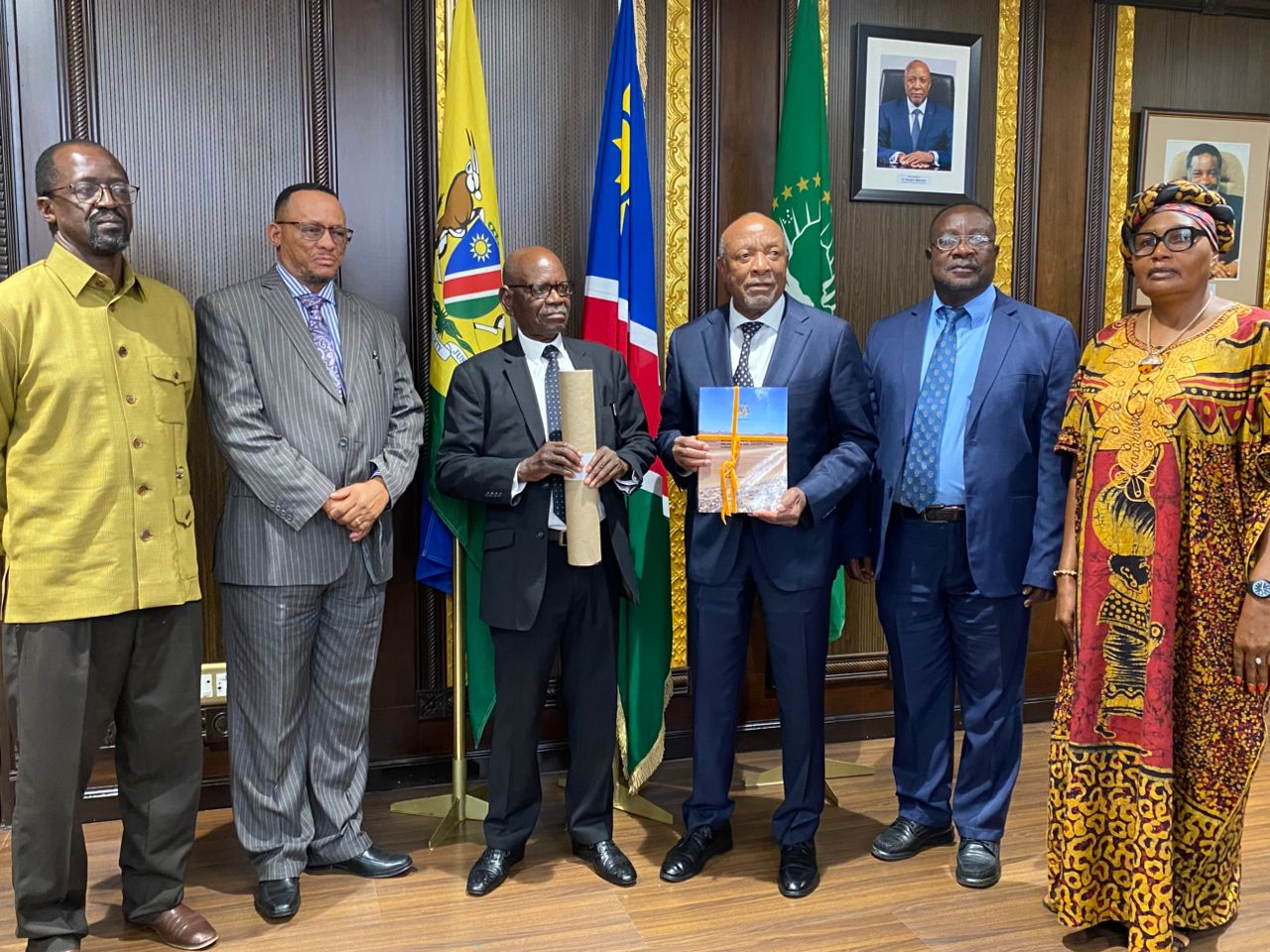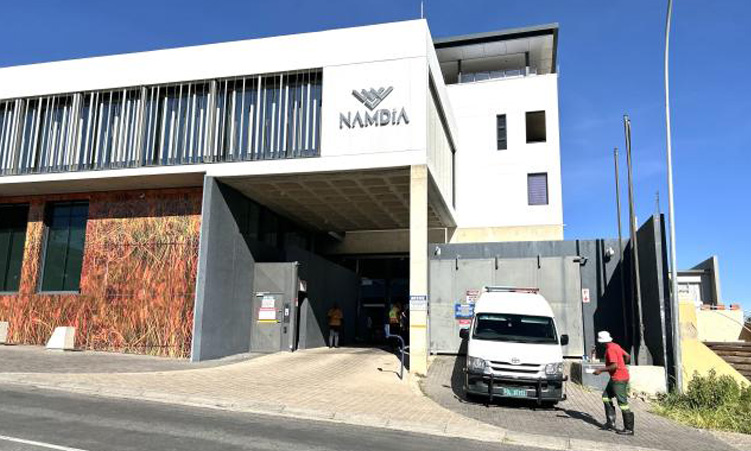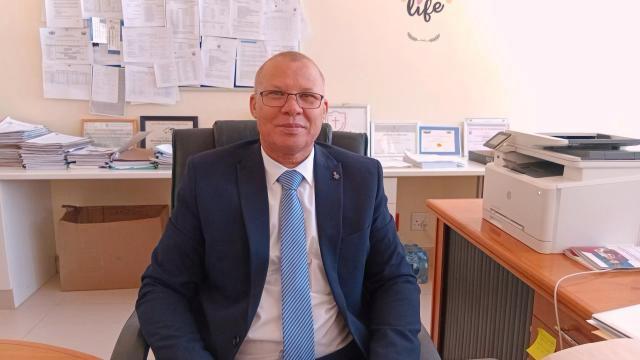THE eight coastal countries belonging to the Southern African Development Community (SADC) on Friday agreed on tough measures to curb illegal fishing and the landing and marketing of such catches at their ports.
Overall, it is estimated to cause revenue losses of N$8 billion a year. “We have signed a commitment agreement that entails the establishment of a regional task force, a regional monitoring, control and surveillance centre, stiff penalties for vessels caught with illegal catches and to prohibit such vessels to enter our ports,” Namibia’s Fisheries and Marine Resources Minister Abraham Iyambo said in Windhoek on Friday.”We will further implement a ban on the trans-shipment of catches from trawlers to other and larger vessels at sea in SADC waters.Any vessel transiting through areas under our national jurisdiction must notify its entry and exit from the exclusive economic zones of any SADC member state,” Iyambo added.He was speaking at the conclusion of a three-day technical and ministerial conference on illegal, unreported and unregulated (IUU) fishing, which threatens fish stocks and the livelihoods of local communities.All eight countries – the Democratic Republic of Congo (DRC), Angola, Namibia, South Africa, Mozambique, Tanzania, Mauritius and Madagascar – were represented at the conference.Iyambo said illegal fishing deprived the countries of taxes, port fees and jobs that would otherwise have been created in fish processing.The eight countries will have to draw up their national action plans to curb illegal fishing, a task Namibia has already completed.On a regional level, practical ways to implement the commitment agreement must be concluded by June next year and progress will be reviewed at the end of 2011.A study prepared for the conference on IUU fishing revealed that “most illegal fishing recorded in the SADC region has been carried out by non-coastal state vessels.”The controlling interests for these vessels are generally based in China, Korea, Spain, Russia and Indonesia, although in most cases, the vessels have been flagged in China, Taiwan, Korea and Indonesia.”The Mozambican fisheries ministry recently declared four foreign vessels in its waters illegal, saying they did not have fishing licences and were not given permission to fish there.Also under investigation is an illegal vessel, which is alleged to fly the flag of a SADC member state.Mozambican delegates to the Windhoek conference would not disclose which SADC country’s flag was being used by that vessel.”We have signed a commitment agreement that entails the establishment of a regional task force, a regional monitoring, control and surveillance centre, stiff penalties for vessels caught with illegal catches and to prohibit such vessels to enter our ports,” Namibia’s Fisheries and Marine Resources Minister Abraham Iyambo said in Windhoek on Friday.”We will further implement a ban on the trans-shipment of catches from trawlers to other and larger vessels at sea in SADC waters.Any vessel transiting through areas under our national jurisdiction must notify its entry and exit from the exclusive economic zones of any SADC member state,” Iyambo added.He was speaking at the conclusion of a three-day technical and ministerial conference on illegal, unreported and unregulated (IUU) fishing, which threatens fish stocks and the livelihoods of local communities.All eight countries – the Democratic Republic of Congo (DRC), Angola, Namibia, South Africa, Mozambique, Tanzania, Mauritius and Madagascar – were represented at the conference.Iyambo said illegal fishing deprived the countries of taxes, port fees and jobs that would otherwise have been created in fish processing.The eight countries will have to draw up their national action plans to curb illegal fishing, a task Namibia has already completed.On a regional level, practical ways to implement the commitment agreement must be concluded by June next year and progress will be reviewed at the end of 2011.A study prepared for the conference on IUU fishing revealed that “most illegal fishing recorded in the SADC region has been carried out by non-coastal state vessels.”The controlling interests for these vessels are generally based in China, Korea, Spain, Russia and Indonesia, although in most cases, the vessels have been flagged in China, Taiwan, Korea and Indonesia.”The Mozambican fisheries ministry recently declared four foreign vessels in its waters illegal, saying they did not have fishing licences and were not given permission to fish there.Also under investigation is an illegal vessel, which is alleged to fly the flag of a SADC member state.Mozambican delegates to the Windhoek conference would not disclose which SADC country’s flag was being used by that vessel.
Stay informed with The Namibian – your source for credible journalism. Get in-depth reporting and opinions for
only N$85 a month. Invest in journalism, invest in democracy –
Subscribe Now!









